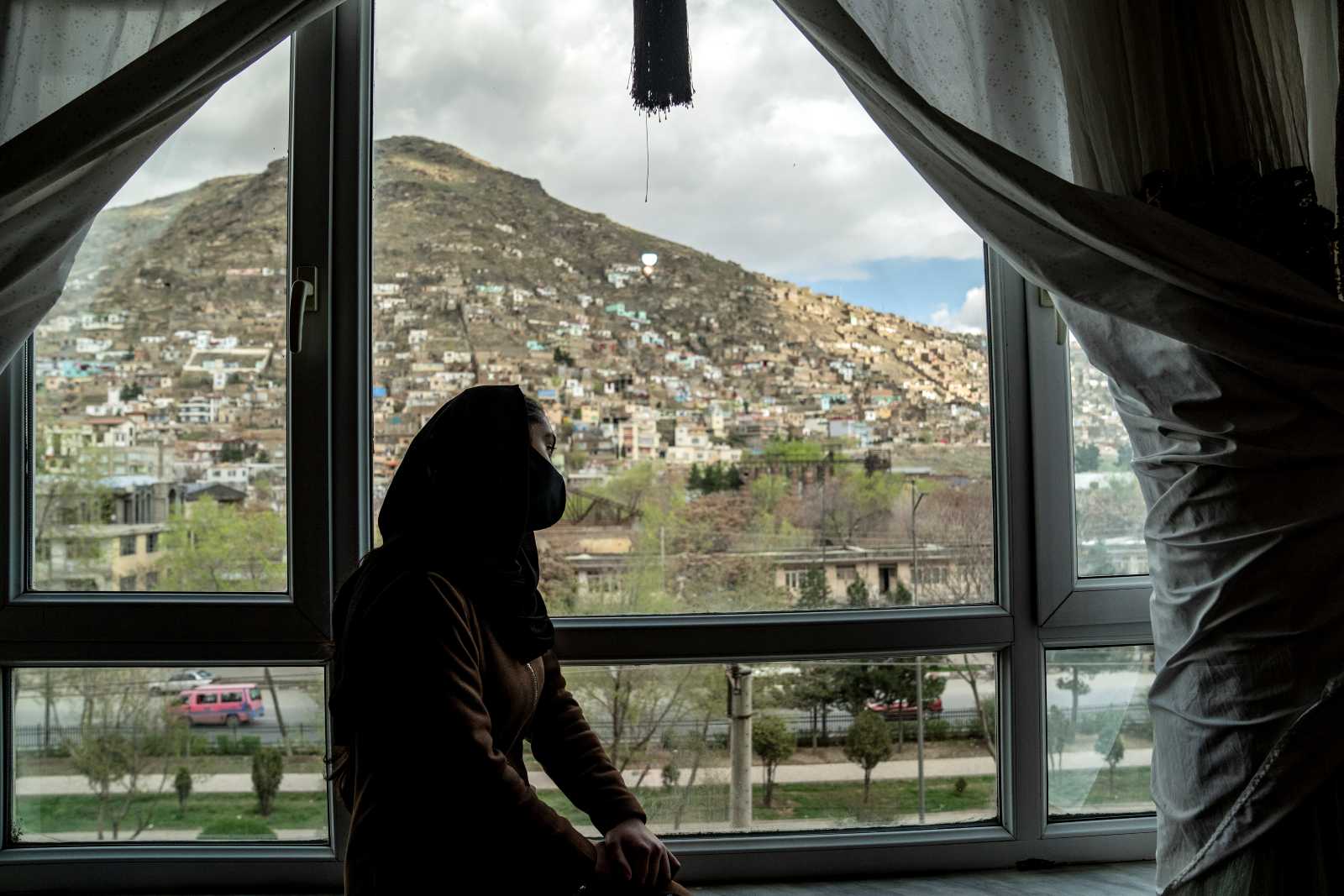Children’s rights
Kenya upholds inheritance rights for all children

In a landmark decision on 30 June 2025, Kenya’s Supreme Court ruled that children born out of wedlock to Muslim fathers are entitled to inherit from their fathers’ estates. Five of the seven judges voted in favour of the amendment, prioritising constitutional rights over personal or religious laws and thus setting a powerful precedent that is likely to have an impact beyond Kenya’s borders.
The ruling rests on Articles 27 and 53 of Kenya’s Constitution, which guarantee equality before the law and affirm every child’s right to parental care and protection. In essence, the court affirmed that the marital status of parents should not determine a child’s access to inheritance.
The case was brought up by a woman who had four children with her late husband within a recognised Islamic marriage. The woman sought to exclude two children whom her husband had fathered outside of this marriage with two other women, arguing that under Islamic law these children were illegitimate and should not inherit. While lower courts gave contradictory rulings, the Supreme Court held that constitutional provisions override personal laws where fundamental rights are concerned.
In its judgement, the court stated: “Denying children born out of wedlock the same benefits as those born within marriage, based on the alleged ‘sins’ of their parents, is unreasonable and unjustifiable.”
Inheritance laws in Kenya – and across many societies – have long discriminated against women and children born outside of marriage. In contexts governed by Islamic personal law, this often results in wealth and property being confined to a narrow definition of legitimacy. Such exclusions, though widely practised, are increasingly at odds with national and international legal norms.
The judgement does not prohibit Islamic inheritance practices. Nor does it limit religious freedom. Instead, it establishes that where religious customs infringe on constitutional rights, especially those of vulnerable groups like children, the state has a duty to intervene.
Nairobi-based Muslim lawyer Nasra Nanda welcomed the decision, noting: “This ruling doesn’t erase Islamic identity. It deepens it – by centring justice, mercy and accountability. Religious freedom is protected, but not at the expense of a child’s constitutional rights.”
The court’s message has international relevance. In Indonesia, for instance, children deemed “illegitimate” face severe legal and social hurdles when they try to establish paternal lineage or claim inheritance. Kenya’s decision offers a compelling model for reform in jurisdictions where religious law still overrides constitutional protections.
The ruling is also significant for women. In many inheritance disputes, mothers are left bearing the financial and emotional burden when their children are excluded. Denial of property rights often becomes a form of social control – used to reward compliance or punish perceived moral failings. The court’s decision may shift that dynamic, affirming that justice must be inclusive and not dependent on family structures or religious affiliation.
By placing constitutional principles above personal law in matters of inheritance, Kenya’s Supreme Court has set a precedent that promotes equality and protects children. It is a ruling that could inspire similar reforms across the globe.
Joseph Maina is a freelance writer based in Naivasha, Kenya.
mainajoseph166@gmail.com















